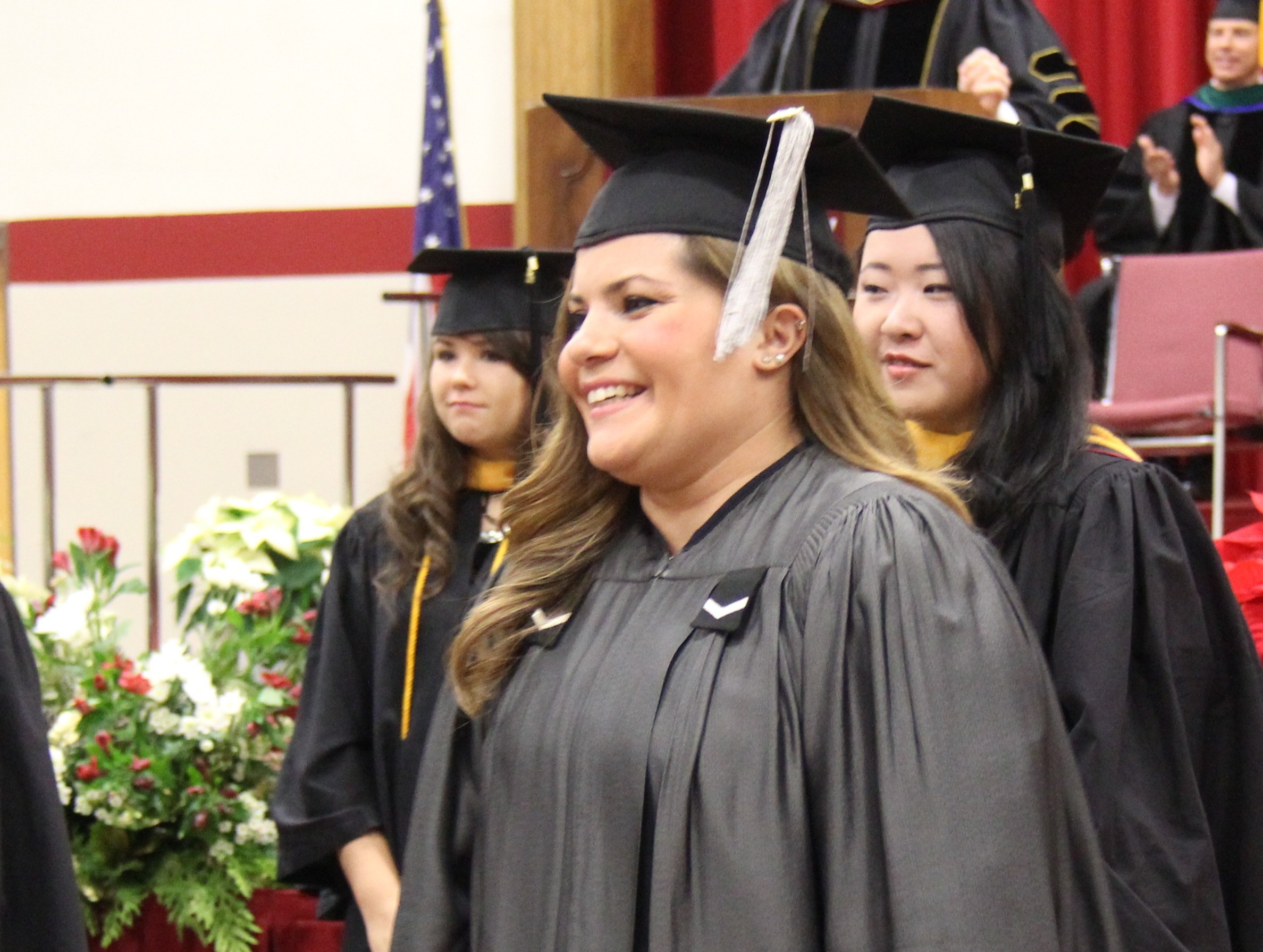National University of Health Sciences (NUHS) is succeeding in attracting women to its undergraduate science program. In fact, NUHS is graduating a higher proportion of females compared to males—an impressive 58%—in its bachelor of science degree (BS) completion program in biomedical sciences.
There is an overall shortage in the United States of students majoring in STEM (science, technology, engineering and mathematics) degrees, and a disproportionately small number of women in STEM degrees. That’s why the number of women choosing and graduating from the BS program at NUHS is significant and may offer other schools ideas on how to structure a successful program.

The BS program at NUHS is designed for students who have already completed an associate’s degree, or equivalent college credit. It is exceptionally rigorous in that the courses are taught in graduate level facilities, often by graduate level faculty, with a student peer group primarily aiming for admission to various medical schools in the region.
Students in the NUHS BS program can choose from over 40 classes in the biological sciences, physics, chemistry, mathematics, or computer and communications courses related to science careers.
Administrators at NUHS cite a number of possible reasons why a high number of women both choose and successfully complete the program:
- The program is suitable for women who may not have completed a four-year degree due to family obligations or financial difficulty.
- The evening courses fit into the schedules of women who are working or have daytime family responsibilities.
- The program format is attractive to older career-changers or adult learners who want to complete a science degree and bring it into the workforce quickly. The program at NUHS can require as few as 16 months to complete.
- The degree is flexible, in that students can choose any combination of science courses that fits into their future plans and individual interests.
The BS program at NUHS is not identified with fields that are stereotypically more or less attractive to females. (The university’s graduate and professional degree programs tend to attract an even distribution of men and women.) The NUHS program is not a technician or career placement degree such as one specific to becoming a nurse, dietician or respiratory therapist, but rather a general degree. This may actually be an advantage of the program. The versatility of the degree could allow women who’ve discovered an interest in science and health care later in life time to explore and carefully consider where they want to go with their science education.
“A high percentage of our graduates, both male and female, do end up choosing a career in health care, either going on to complete one of our professional degree programs, or applying to dentistry, osteopathy, or medical degree programs,” says Dr. Randy Swenson, vice president for academic services at NUHS. “However, some students use their bachelor’s degree to enter into public health careers, or research assistant jobs in the food or pharmaceutical industry, both of which are large employers in the Chicago area.”
National University of Health Sciences hopes that its program may be a model for other undergraduate institutions seeking to attract more female students in STEM majors. Educational advisors or policy makers are welcome to schedule a visit to NUHS to see how the program and facilities provide at attractive option for students seeking to complete their undergraduate degree in a science field.




0 Comments